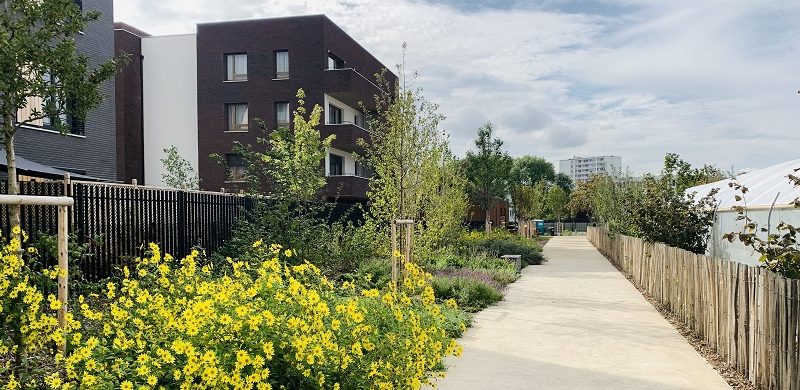Project
Collective housing gardens and urban biodiversity: understanding morphological and ecological factors for resilient cities
Study of interactions between urban planning, ecology and biodiversity in collective housing in Paris, Lyon and Marseille.
- About


